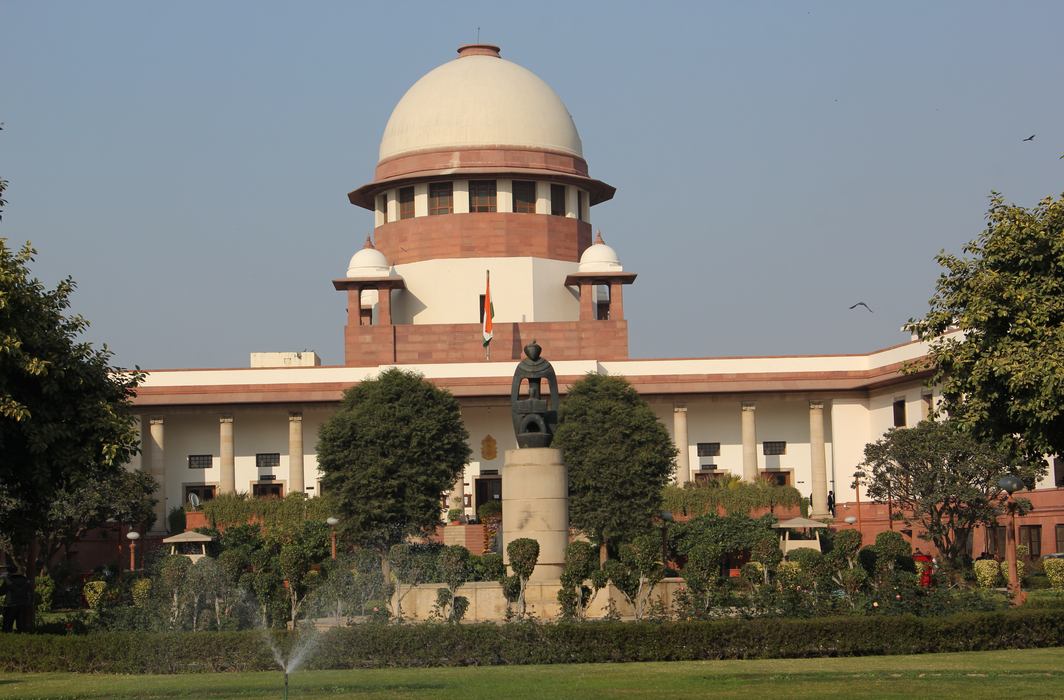The Supreme Court has dismissed the review petition filed by 12 Activists against the verdict of the apex court on the right to protest where the court ruled that public places and roads cannot be occupied indefinitely by protesters.
The judgment was delivered in response to a batch of pleas filed by the protesters, protesting against the contentious Citizenship Amendment Act (CAA), in the Shaheen Bagh last year.
The three judge bench comprising Justices Sanjay Kishan Kaul, Aniruddha Bose and Krishna Murari while dismissing the review petition held that “the constitutional scheme comes with a right to protest and express dissent but with an obligation to have certain duties. The right to protest cannot be anytime and everywhere. There may be some spontaneous protests but in case of prolonged dissent or protest, there cannot be continued occupation of public place affecting right of others.”
A three-judge bench of Justices Sanjay Kishan Kaul, Krishna Murari and Hrishikesh Roy, while hearing the case earlier had pulled up the Delhi Police for not doing its job under the pretext of having endless talks. The Bench had made the following observations:
• Public places and roads can’t be occupied indefinitely
• Protests permissible only in designated areas
• Right to commute can’t be indefinitely curtailed.
• Right of protest has to be balanced with right to commute
The Shaheen Bagh protest against the passage of the contentious Citizenship (Amendment) Act started on December 14, 2019. The protest ended with the advent of Corona pandemic and imposition of national lockdown, after the protesters were removed by the police from the protest site on March 24.
Thereafter, the demonstrators wrote letters to the Chief Justice of India S.A. Bobde against their “forcible and vindictive removal” by the Delhi Police and sought a direction from the Supreme Court for citizens’ rights.
The CAA provides citizenship to refugees from six minority communities in Pakistan, Afghanistan and Bangladesh, who have entered India on or before December 31, 2014. The Act, passed on December 11, 2019, has been criticised for excluding Muslims. In December, at least 28 people died in protests against the Act, 19 of them from Uttar Pradesh itself. Most of those who died had suffered bullet-inflicted wounds.
Read Also: Supreme Court acquits man sentenced to life imprisonment for murder


